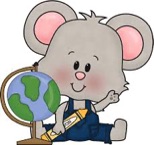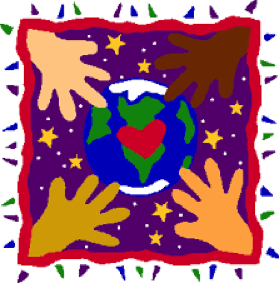Enter Text
Enter Text
Enter Text
Enter Text
Enter Text
Enter Text

Enter Text
In Kindergarten Science experiences help students formulate answers to questions such as:
What happens if you push or pull an object harder?
Where do animals live and why do they live there?
What is the weather like today and how is it different from yesterday?”
Students develop understanding of:
Patterns and variations in local weather and the purpose of weather forecasting to prepare for, and respond to, severe weather
Students apply an understanding:
The effects of different strengths or different directions of pushes and pulls on the motion of an object to analyze a design solution
Students develop understanding of:
What plants and animals, including humans, need to survive and the relationship between their needs and where they live.
Students are expected to demonstrate grade-appropriate proficiency in:
Asking questions, developing and using models, planning and carrying out investigations
Analyzing and interpreting data
Designing solutions
Engaging in argument from evidence
Obtaining, evaluating, and communicating information
Use tools and materials to design and build a structure that will reduce the warming effect of sunlight on an area.
Make observations to determine the effect of sunlight on Earth’s surface.
Communicate solutions that will reduce the impact of humans on the land, water, air, and/or other living things in the local environment
It is going to be exciting!
Look for specific descriptions of various science experiences, and photos of our inquisitive scientists to be shared thought the school year. S
Social Science
History: Understand change over time.
Explain how people change over time (self and others).
Explain how seasons change over time.
Explain the impact of how life events bring change (a new sibling, moving to a new house, a new job, a new school, etc.).
Geography:
Use maps to locate places in the classroom, school and home.
Use globes and maps to locate land and water features.
Identify physical features (mountains, hills, rivers, lakes, roads, etc.).
Identify locations in the classroom using positional words (near/far, left/right, above/beneath, etc.).
Economics and Financial Literacy
Explain how families have needs and wants.
Explain how jobs help people meet their needs and wants.
Civics and Governance: Understand the roles of a citizen.
Explain why citizens obey rules in the classroom, school, home and neighborhood.
Culture: Understand how individuals are similar and different.
Explain similarities in self and others.
Explain the elements of culture (how people speak, how people dress, foods they eat, etc.
Science: Next Generation Standards


